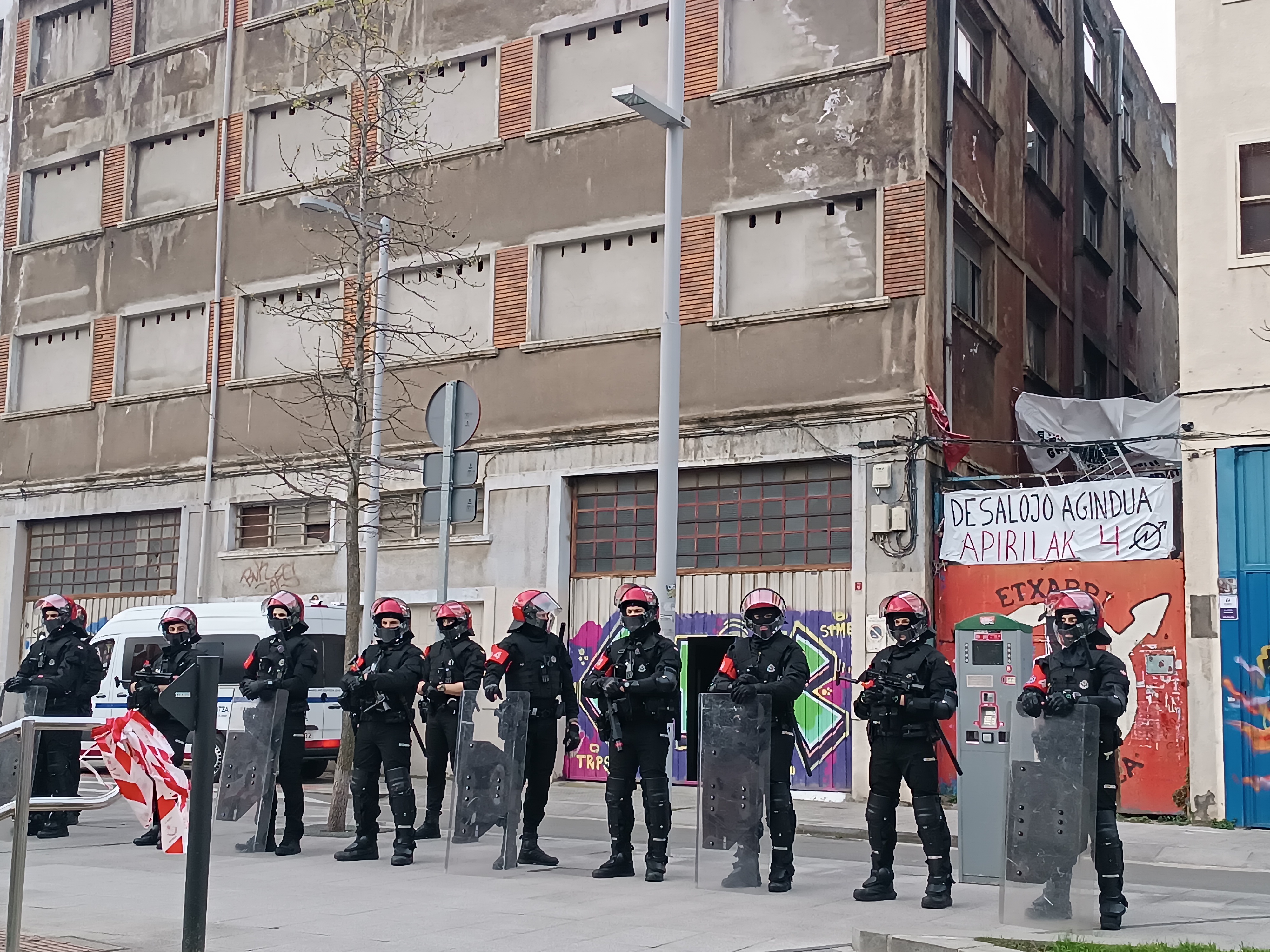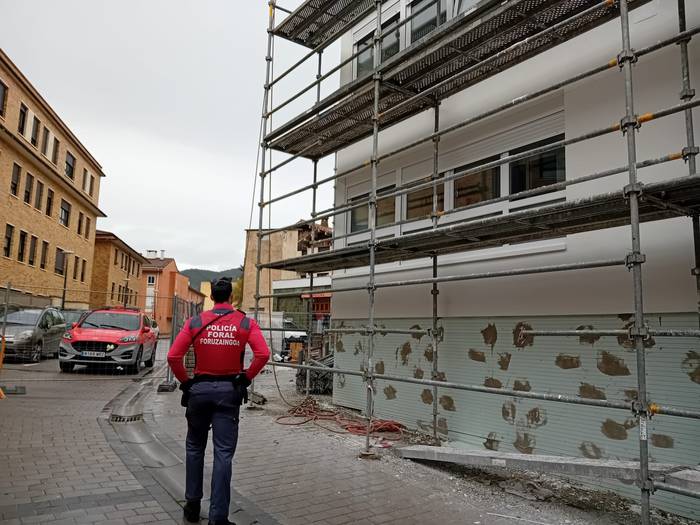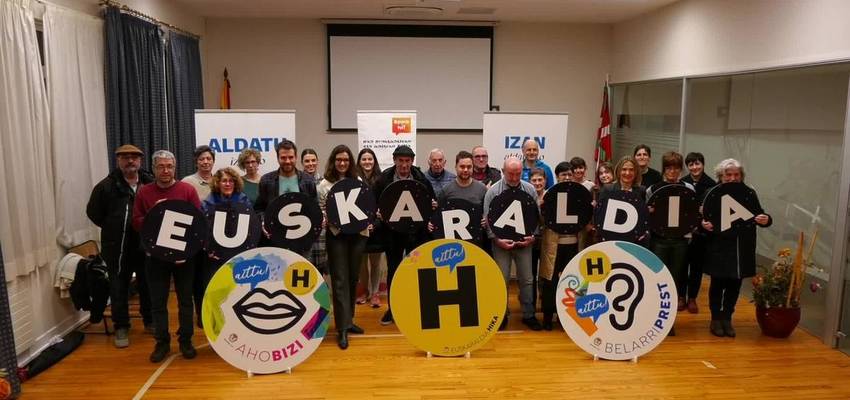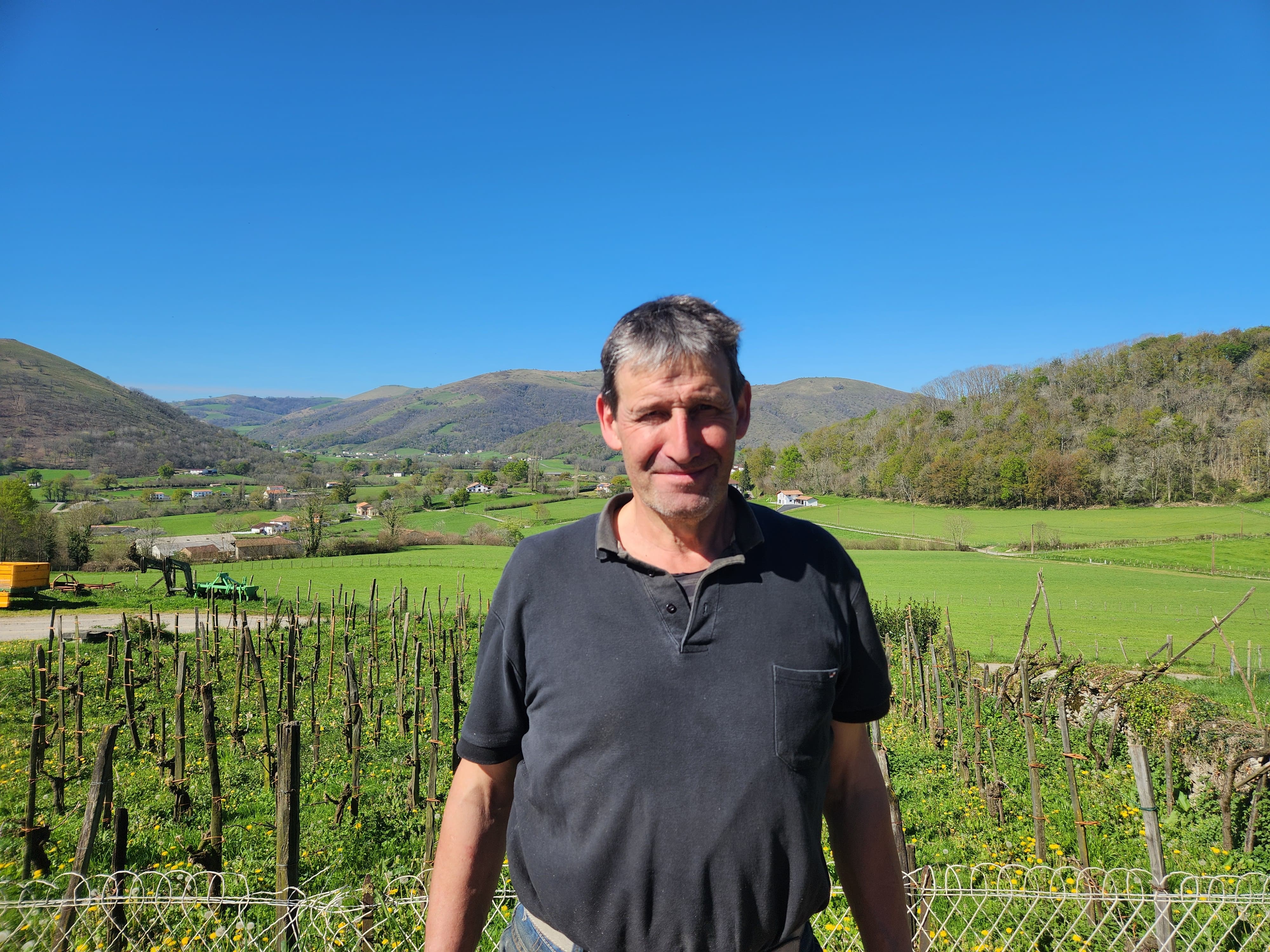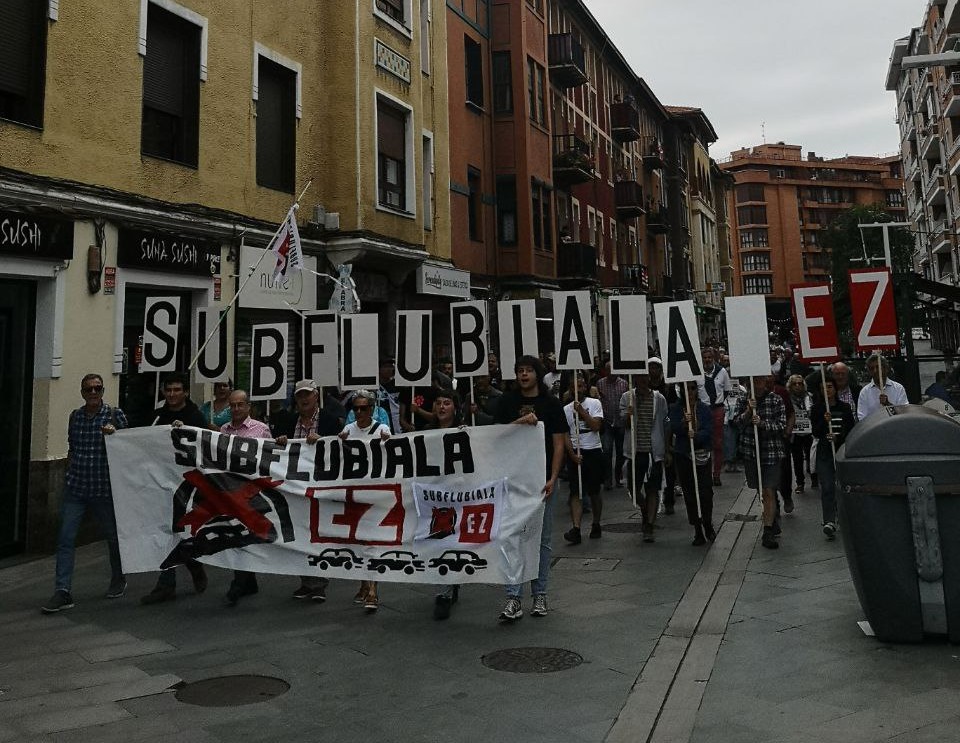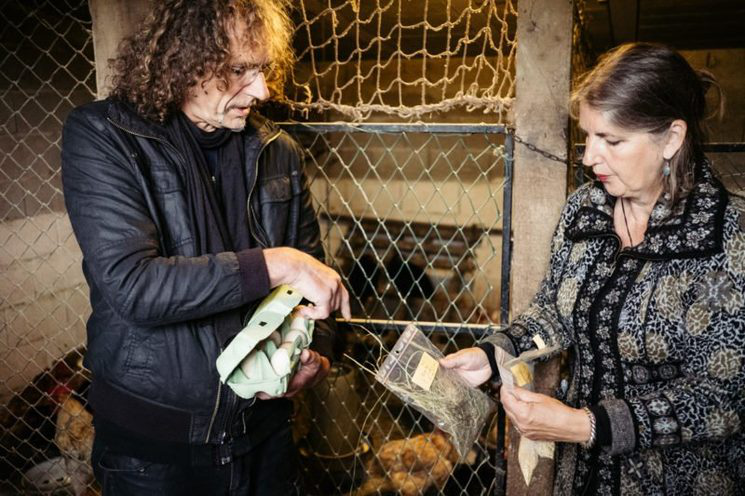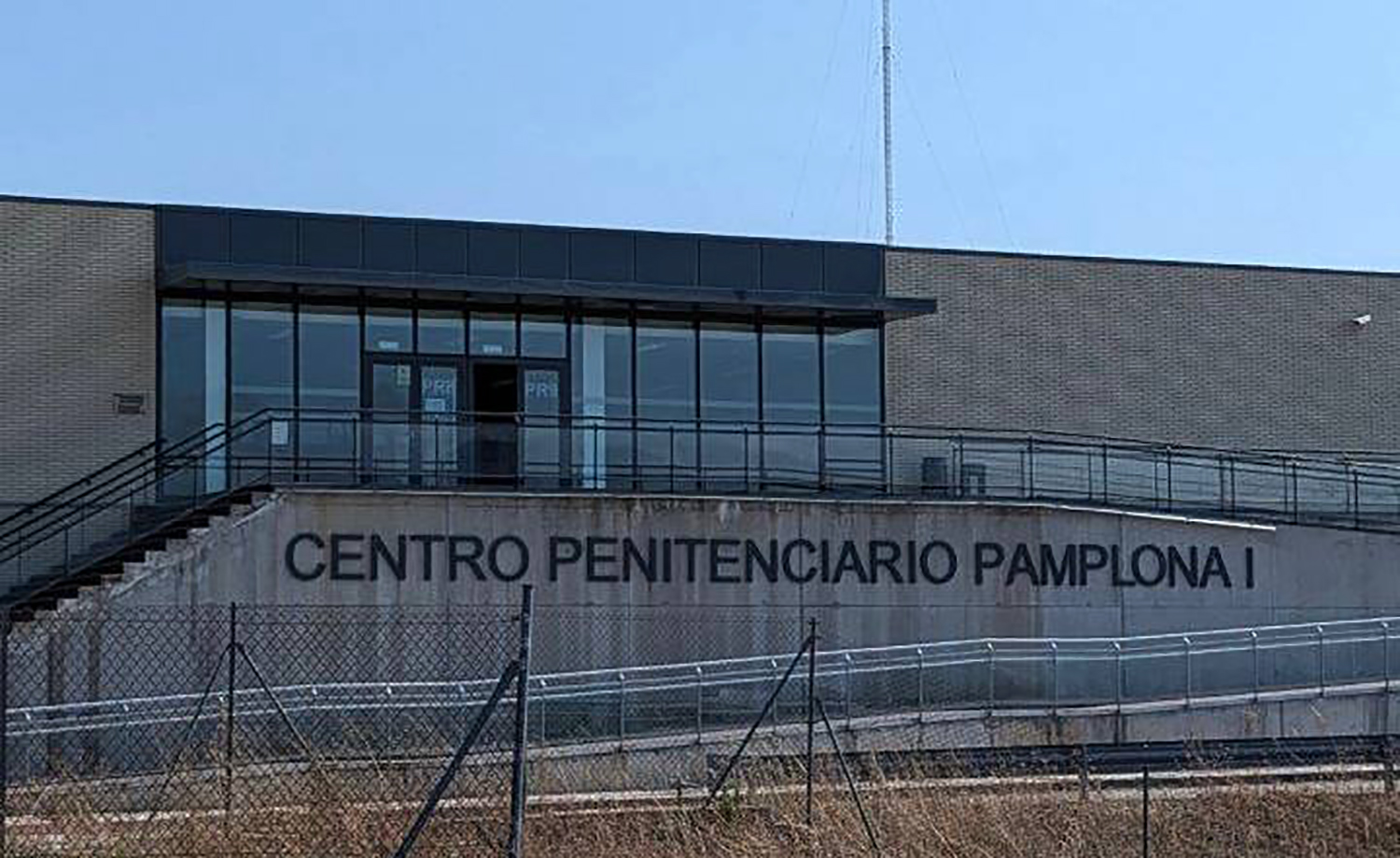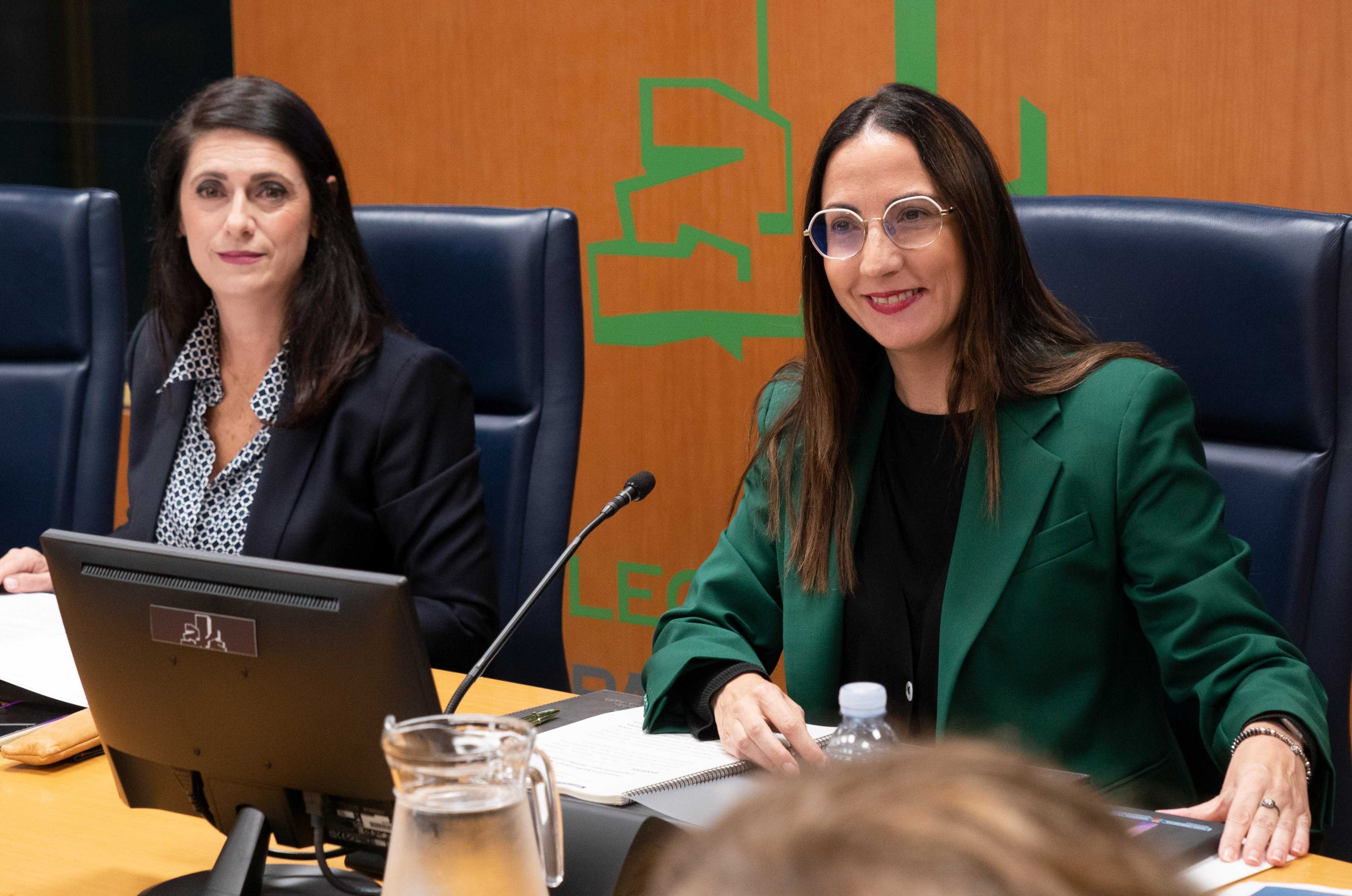The free antidote
That's what Beñat is. There is no shortage of space to express our views on this and that. We have everything at our disposal – or, supposedly, they want to make everything available to us. Supposedly to give an opinion. Supposedly to believe that we are free. Supposedly these are the influences or achievements of a democracy to graze. Not only supposedly, but deliberately, so that we remain silent and content. Just as the highest authority in Rome has used circus and more recently football, today we have citizens trapped in networks of different sizes. Those who are supposed to be free. The ones you're supposed to know. The ones who've supposedly made the choice.
But in the name of freedom and that non-real image of who takes the opinion, we press the buttons: I like this, not this other, I think about this, no idea about this other... And we’re blowing up the web with our opinions, ideas and games.
Yes, as Beñat said, “cheating” the system is relatively easy (if you want). In fact, the communities we are creating are known (or) easy, they like us and/or hate us, both for and against us. Their opinion of our opinion is therefore insignificant (unless it is a stain to deceive oneself).
The same reason leads us to deception if we believe that we are freer with these new tools. They give us a great opportunity to move. Right, that we can give an opinion. Right, right, right. But where do our truths go? Who are they available for? Who legitimizes them?
I have the feeling that we are being treated as a “non-adult” town or city. In other words, to the extent that my opinion is useful and that I have no knowledge of such use (apart from conducting direct marketing campaigns: whether political or toothpaste, I don’t care), I am not as free as it is said.
Every time we give an opinion, we are putting on the web information that is useful to someone. And how much is that worth? We don’t have a price, but we don’t. And in the meantime, without realizing it, vote here and vote there: influencing the business of some; letting others know that we live happily (or at least entertained).
Our opinions will be legitimate when we have “complete” information to express our opinion. When public administrations are transparent. When I can make sure that my way of life is formed outside of campaigns. When citizens will know first-hand the intentions of the government “everything”... In other words, when my level of education is of the highest level to give an opinion that can have a real impact... When they're going to prepare me for that, too.
In the meantime, I think we are satisfied with the “datsegit” and “unpleasant” that Beñat mentioned, supposedly, we have the power to decide something in our hands, supposedly believing that the power of the penetrator is ours...
And even in the face of this, the writer has three options: to live in complacency with the positive opinion of those around him; to criticize negative opinions and try to eliminate or at least neutralize the latter; or, to dream of a territory without networks and imagine it. Because the imagination is the most easily contagious disease and the most effective free antidote for penetrants.
I'm talking about Interview. With water and sand
Authors: Telmo Irureta and Mireia Gabilondo.
The actors: Telmo Irureta and Dorleta Urretabizkaia.
Directed by: Assisted by Mireia Gabilondo.
The company is: The temptation.
When: April 2nd.
In which: At the Victoria Eugenia... [+]
Euskal Herriko Laborantza Ganberak hogei urte bete ditu. 2005ean sorturik, bataila anitzetatik pasa da Ainiza-Monjoloseko erakundea. Epaiketak, sustengu kanpainak edota Lurramaren sortzea, gorabehera ainitz izan ditu hogei urtez.












